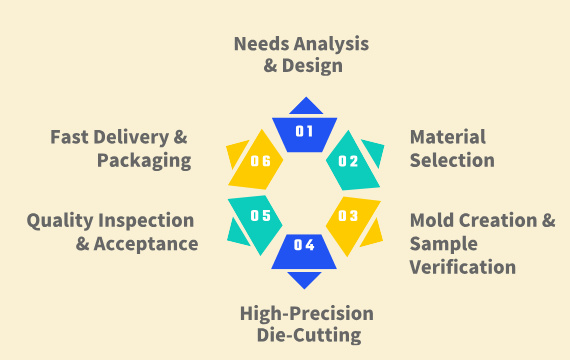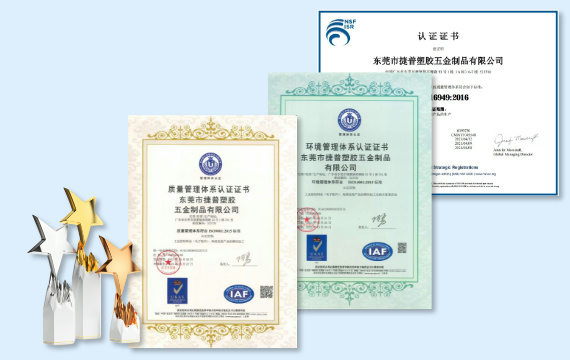At Jiepu, We Offer A Variety Of Protective Films, Each With Its Own Unique Features And Applications. Here Are Some Common Types Of Protective Films And Their Key Characteristics:
Polyethylene (PE) Film:
It Is Chemically Stable, Resistant To Water, Acids, Alkalis, And Salts.
Used To Protect Metal, Coated, And Plastic Products.
Polyvinyl Chloride (PVC) Film:
It Has Good Chemical Resistance And Physical Properties But Poor Heat Resistance.
Typically Used For Protecting Building Materials And Plastic Products.
Polyester (PET) Film:
It Offers Excellent Heat Resistance, Chemical Stability, And Mechanical Strength, With High Transparency.
Often Used For Protecting Electronics Screens And Car Paint.
Polypropylene (PP) Film:
It Is Chemically Resistant And Has Good Heat Resistance, But Lower Strength And Durability.
Best For Short-Term Surface Protection.
Silicone Rubber Film:
It Has Excellent High And Low-Temperature Resistance, Good Electrical Insulation, And Chemical Resistance.
Commonly Used For Protecting Electronics And Car Parts.
Fluoropolymer Film:
It Has High Chemical And Heat Resistance, A Low Friction Coefficient, And Is Non-Stick.
Ideal For Applications Requiring High Chemical And Heat Resistance.
Acrylic (PMMA) Film:
It Has Good Adhesion And Weather Resistance, With High Transparency.
Widely Used For Surface Decoration, Signs, And Protection.
Polyvinyl Alcohol (PVA) Film:
It Is Water-Soluble, Biodegradable, And Non-Toxic.
Used For Protecting Metals, Plastics, And Glass.
Polyimide (PI) Film:
It Has Excellent High-Temperature Resistance, Chemical Resistance, And Mechanical Strength.
Used For Protecting Electronic Components In High-Temperature Environments.
Polycarbonate (PC) Film:
It Offers High Impact Strength, Transparency, And Good Heat Resistance.
Used For Products That Require High Clarity And Impact Protection.
Selecting The Right Protective Film Depends On Your Specific Application And Environment To Ensure Optimal Protection. At Jiepu, We Also Provide Die-Cutting Services To Tailor The Film To Your Exact Needs.













